The launch of the Nvidia GeForce RTX 5090 was met with disappointment due to its minimal performance gains over the RTX 4090, coupled with a significantly higher price tag. In contrast, the Nvidia GeForce RTX 5070 Ti, while not offering a substantial leap in performance over its predecessor, comes at a more reasonable price point, making it the most compelling option among the Blackwell series GPUs for those looking to upgrade without breaking the bank.
Priced at a base of $749, the RTX 5070 Ti is an outstanding choice for 4K gaming, effectively overshadowing the pricier RTX 5080. However, it's important to note that the review model I tested was an aftermarket version from MSI, priced at $1,099, which exceeds the $999 cost of the RTX 5080. If you can secure the RTX 5070 Ti at its base price of $749, it stands out as the best graphics card for most users, particularly those with 4K gaming ambitions.
Purchasing Guide
The Nvidia GeForce RTX 5070 Ti becomes available on February 20, 2025, starting at $749. Be aware that various models may be priced higher, which could diminish its value proposition as the price approaches that of the RTX 5080.
Nvidia GeForce RTX 5070 Ti – Photos
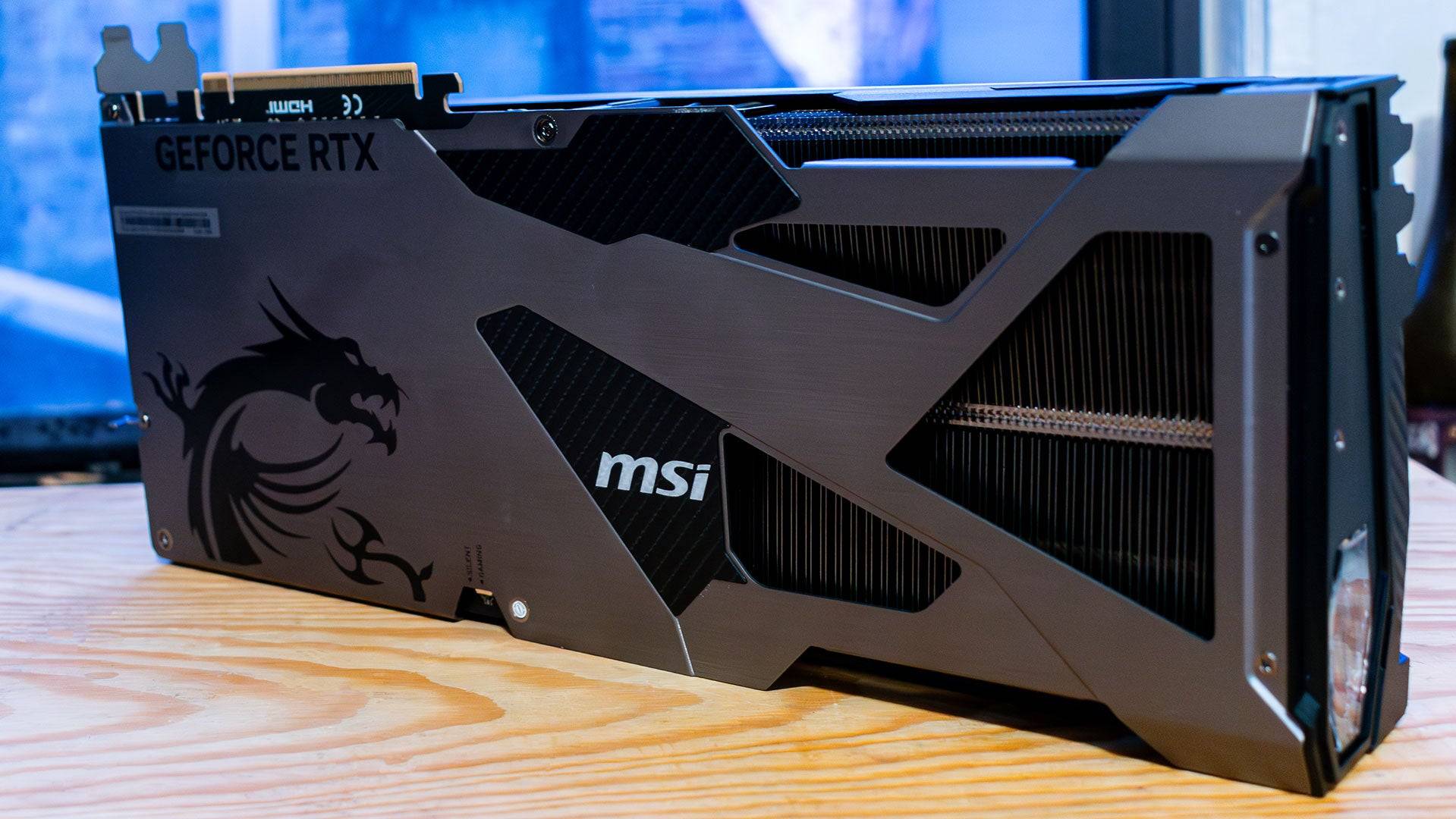
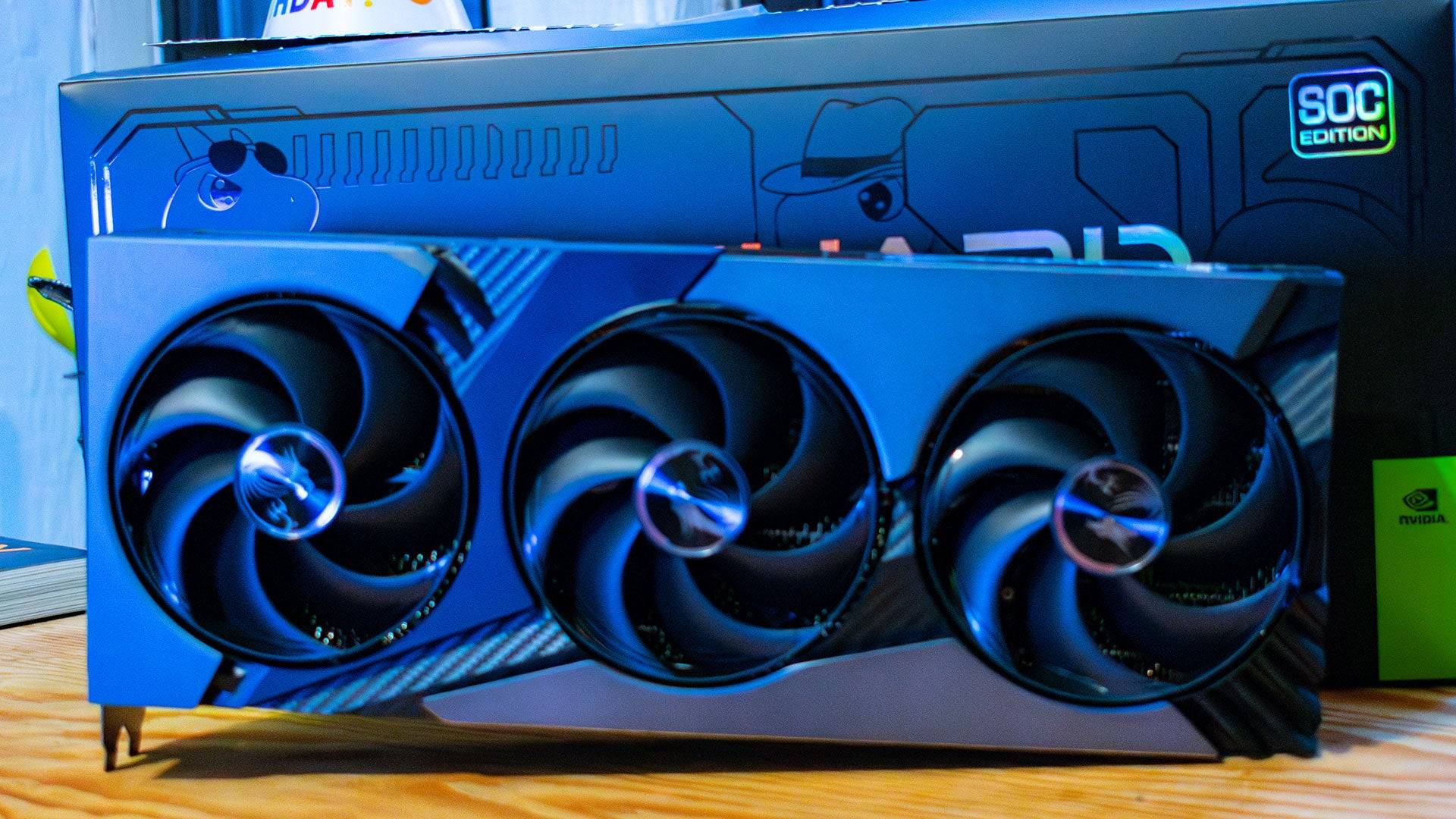 6 Images
6 Images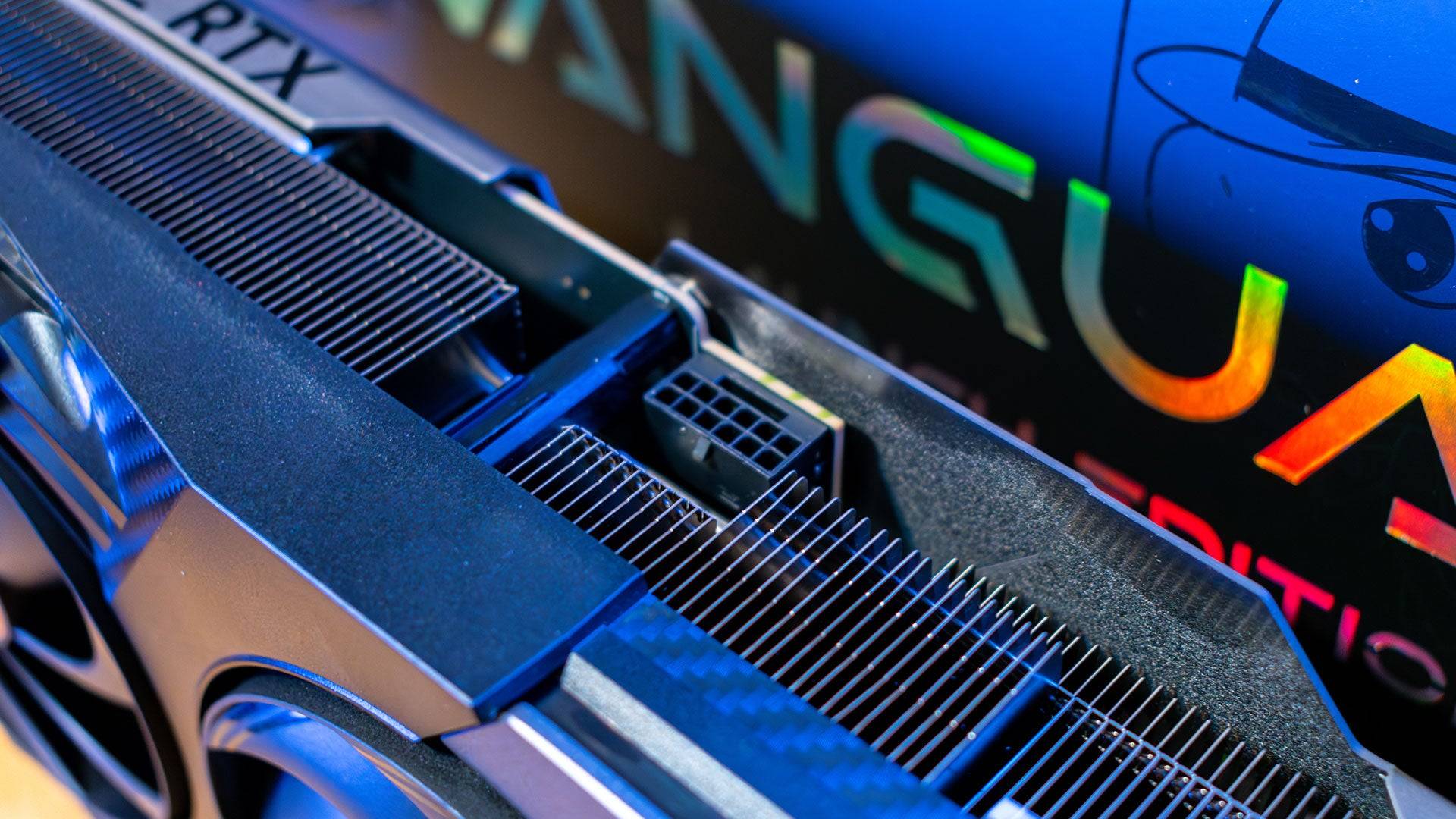
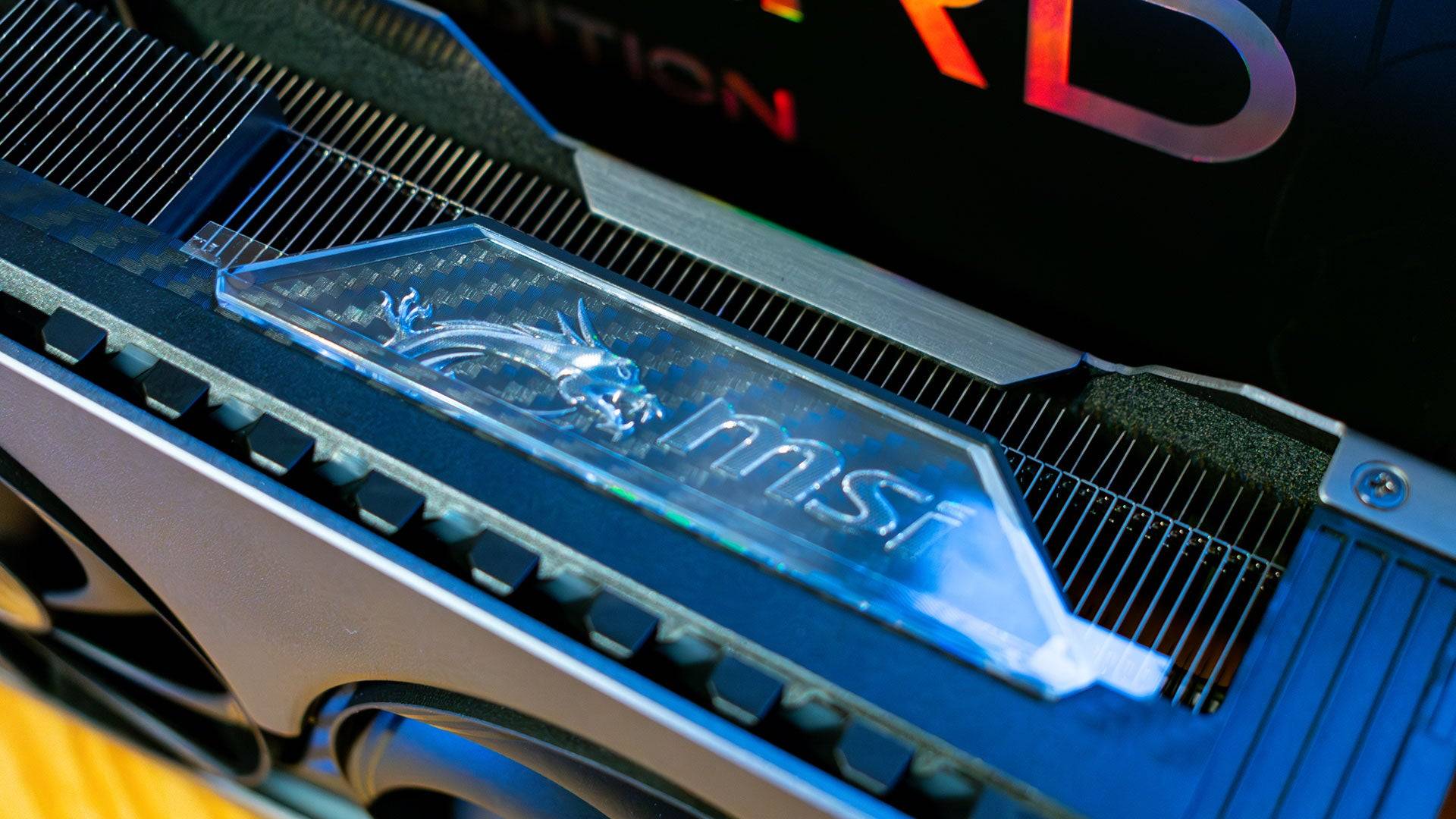
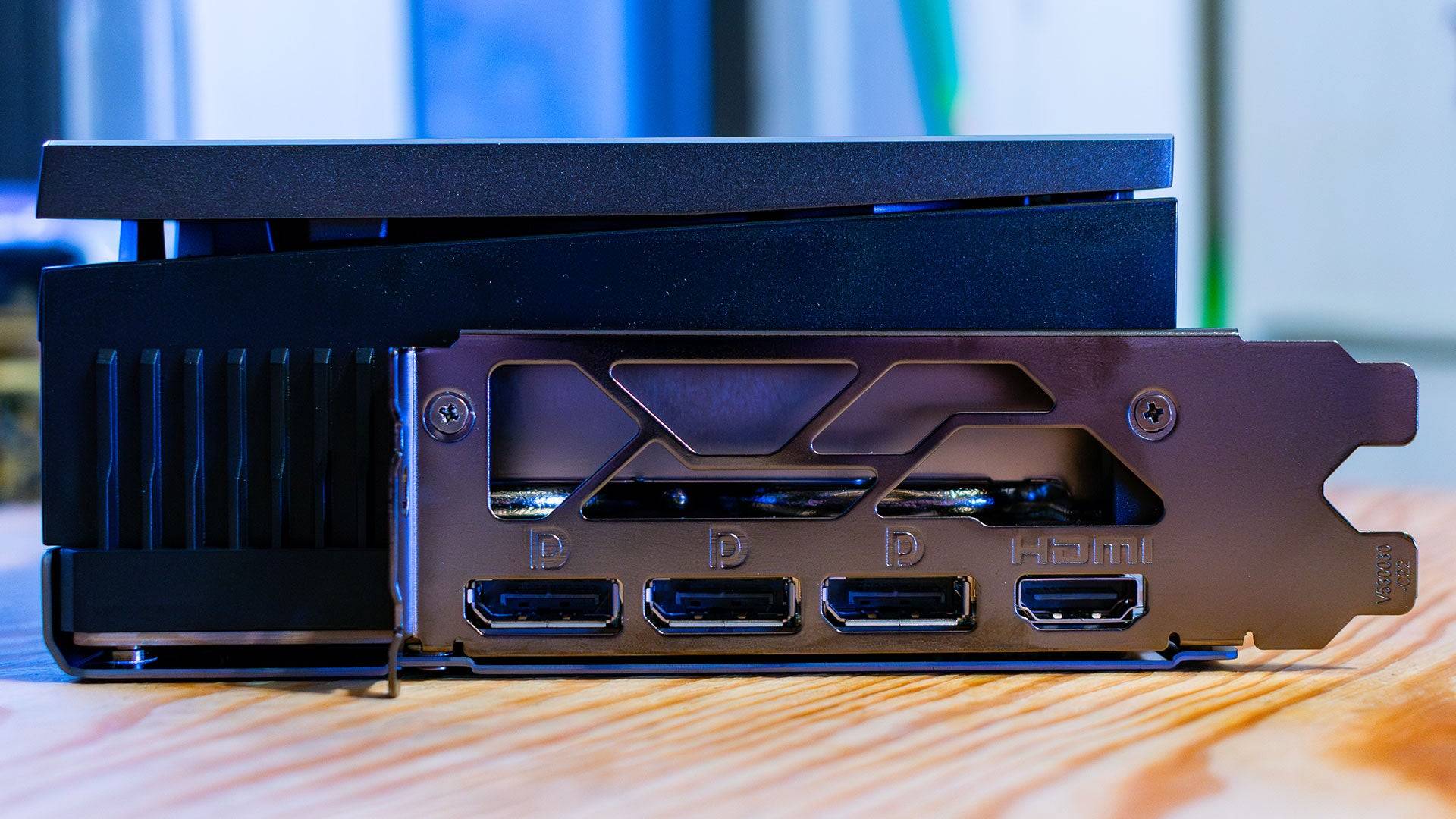

Specs and Features
The RTX 5070 Ti is the third graphics card to utilize Nvidia's Blackwell architecture, originally developed for AI supercomputers but adapted for gaming GPUs. It features the same GB203 GPU as the RTX 5080, with 14 of the 84 streaming multiprocessors (SM) disabled, resulting in 70 SMs, 8,960 CUDA cores, 70 RT cores, and 280 Tensor Cores. It also includes 16GB of GDDR7 RAM, albeit slightly slower than the RTX 5080. The focus on AI-driven enhancements is evident with the integration of Tensor Cores and a new AI Management Processor (AMP), which improves the efficiency of processes like DLSS and frame generation.
The RTX 5070 Ti's Tensor Cores, enhanced by the AMP, enable a new form of DLSS utilizing a Transformer model for superior image quality. Additionally, DLSS 4 introduces Multi-Frame Generation (MFG), which can generate up to three frames for every rendered frame, potentially boosting frame rates by up to 4x, though this comes with increased latency that Reflex technology helps mitigate.
With a Total Board Power of 300W, the RTX 5070 Ti is slightly more power-efficient than the RTX 4070 Ti and RTX 4070 Ti Super, both of which require 285W. Nvidia recommends a 750W power supply, but for safety, an 850W PSU is advisable, especially for high-end models like the MSI Vanguard Edition.

DLSS 4 – Is It Worth It?
The RTX 5070 Ti's performance is bolstered by Nvidia's DLSS 4 and Multi-Frame Generation, which are key features for gamers with high-refresh-rate monitors. While MFG can significantly increase frame rates, it also introduces higher latency, although Reflex technology helps to offset this. In games like Cyberpunk 2077 and Star Wars Outlaws, the RTX 5070 Ti demonstrates substantial frame rate improvements with MFG, though at the cost of slightly increased latency.
Nvidia GeForce RTX 5070 Ti – Benchmarks
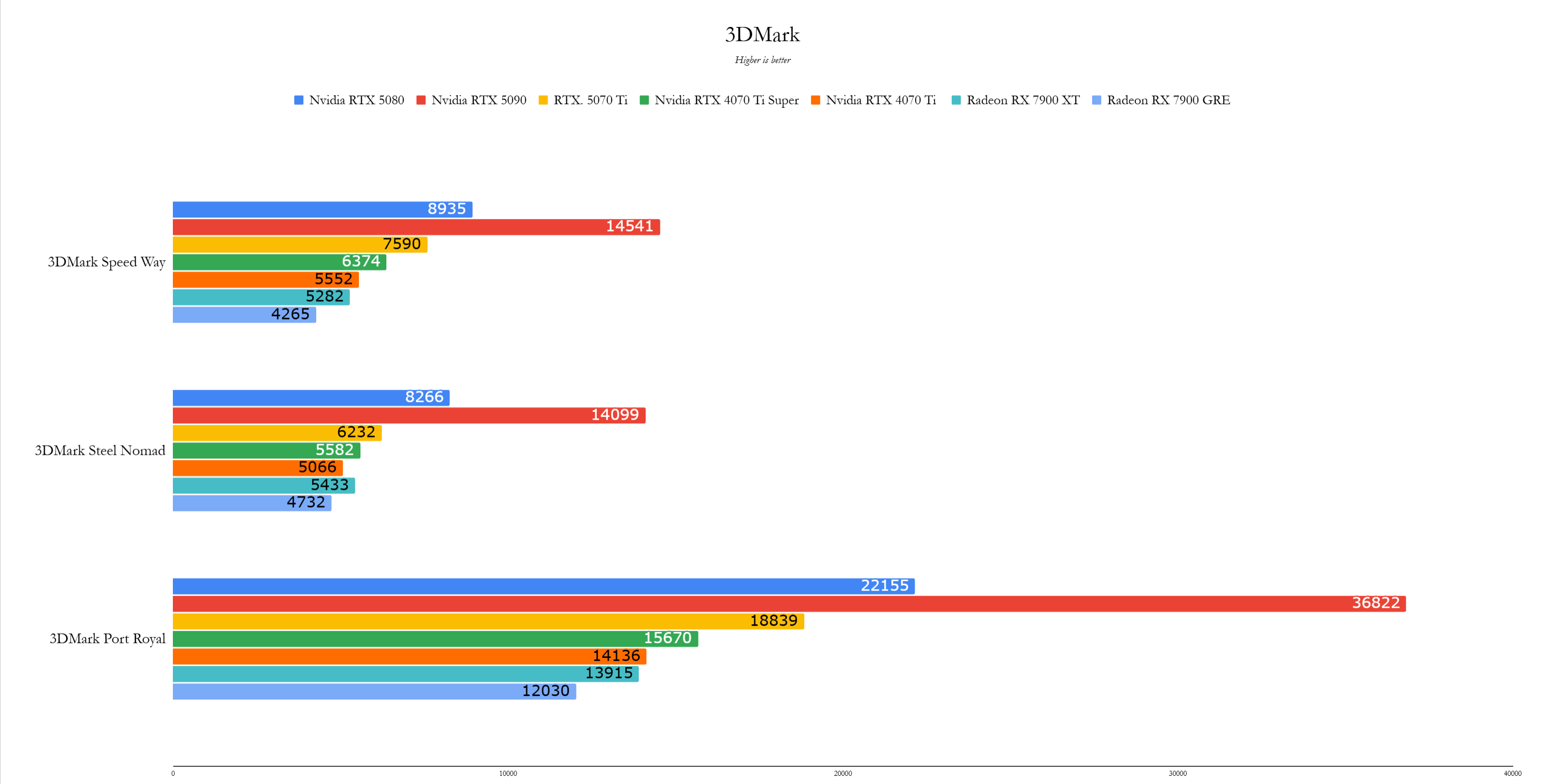
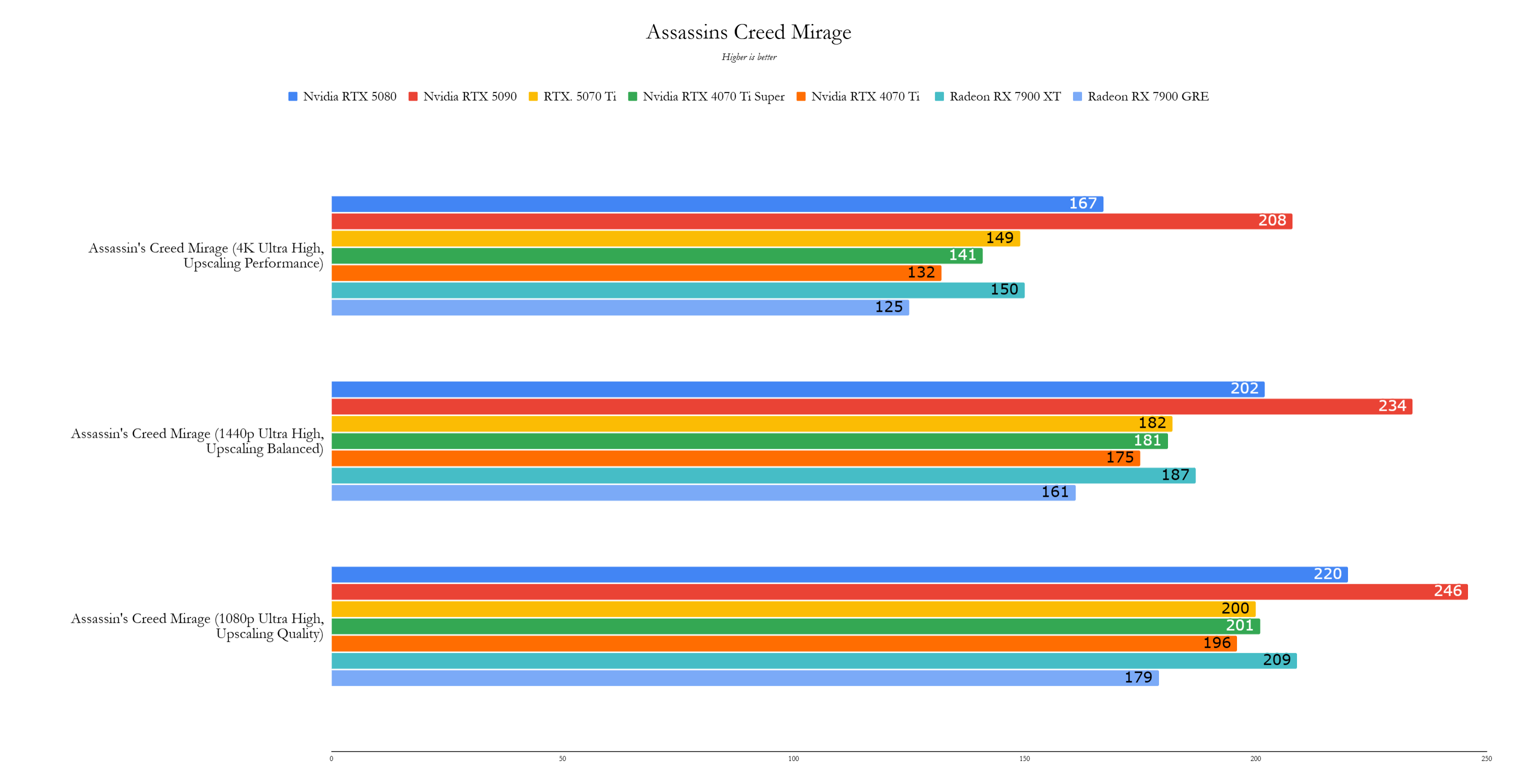 12 Images
12 Images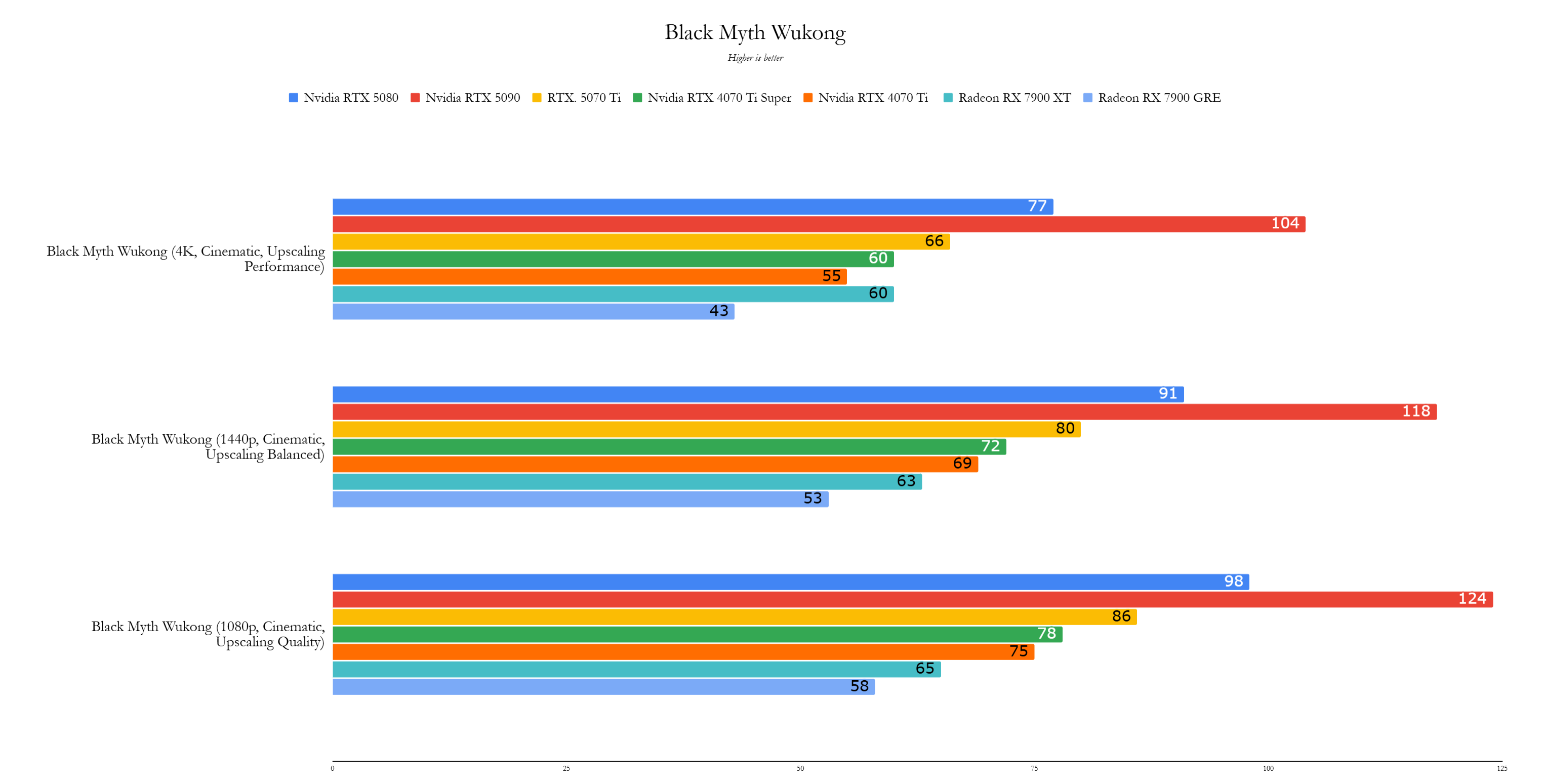
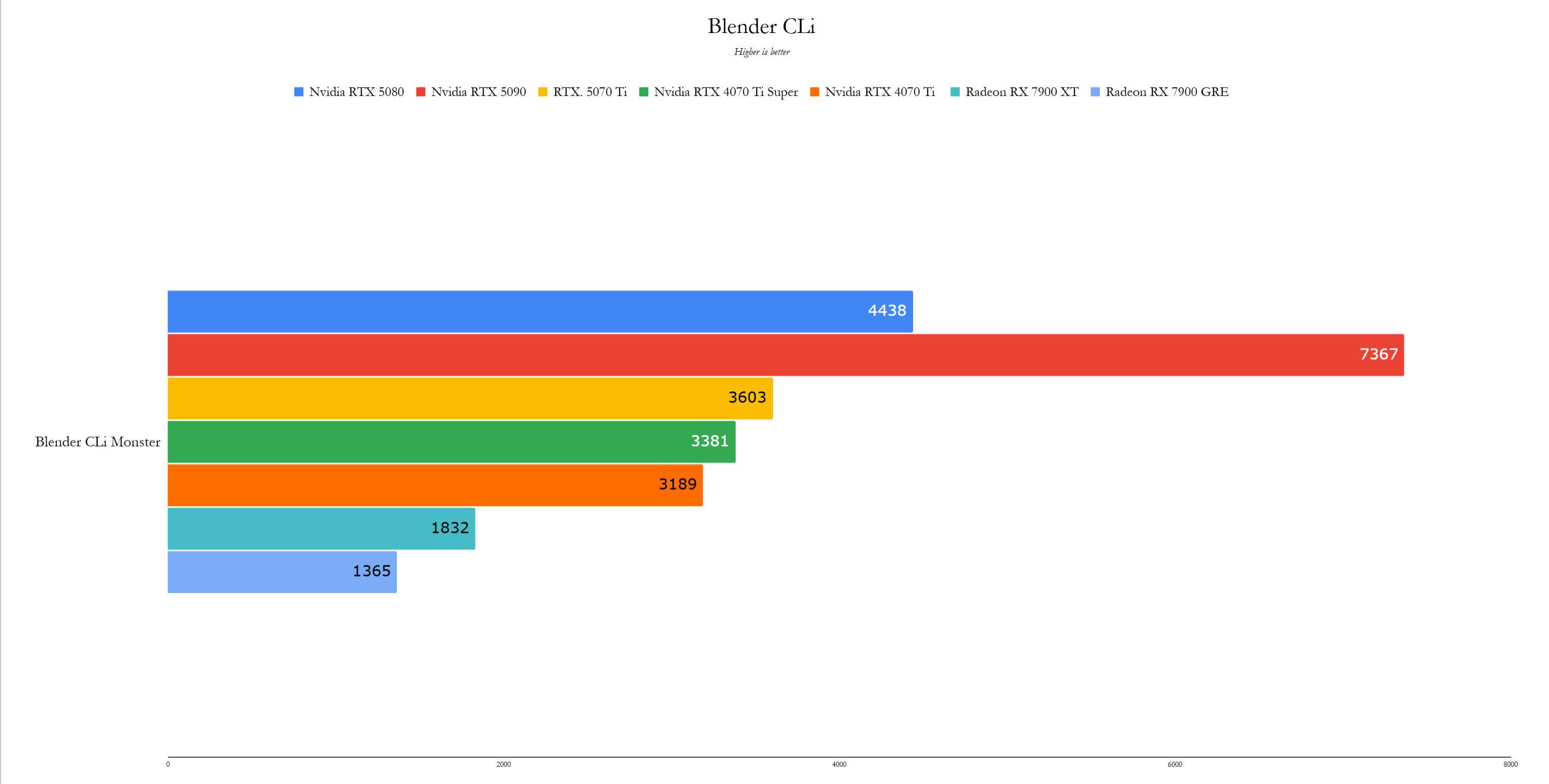
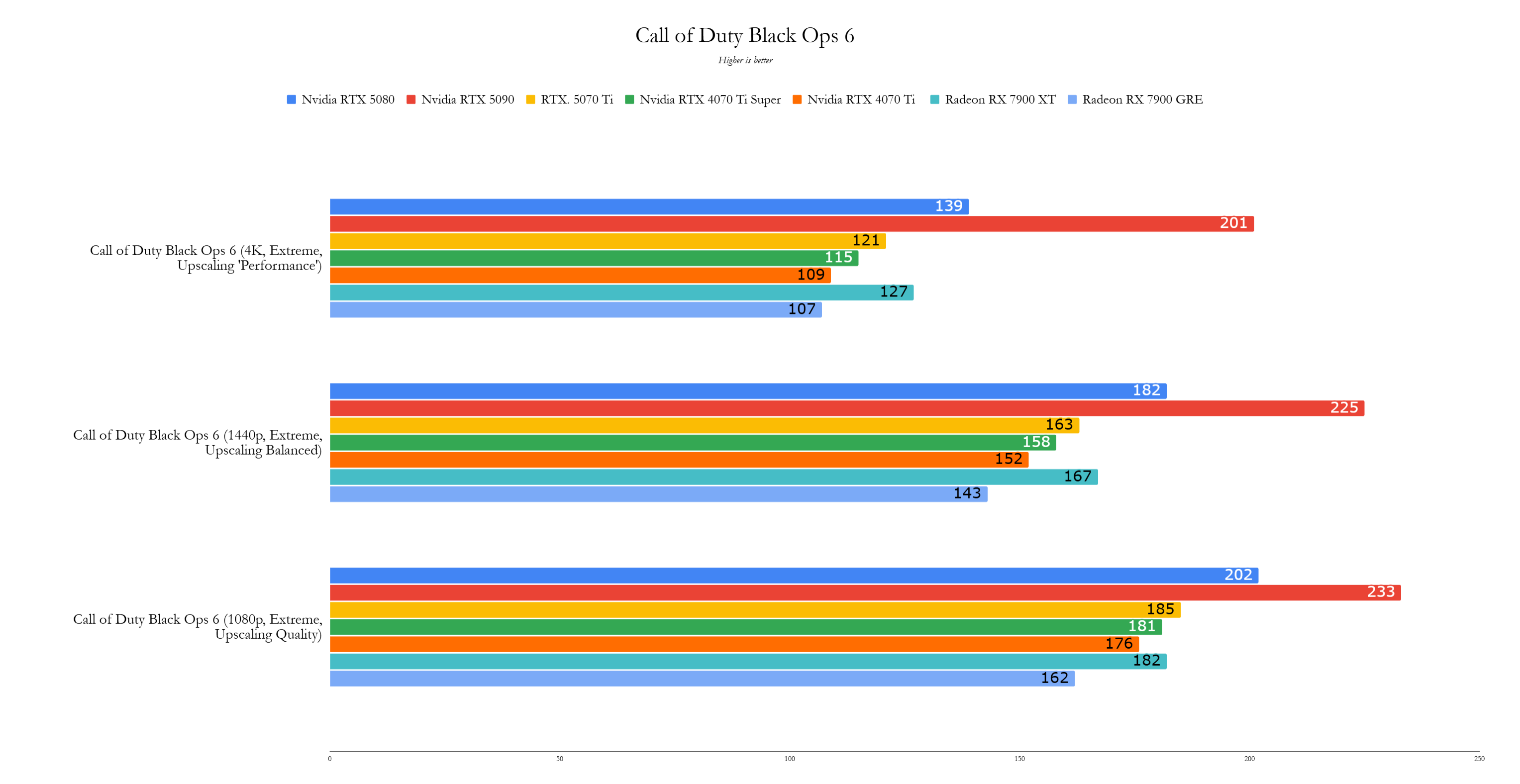
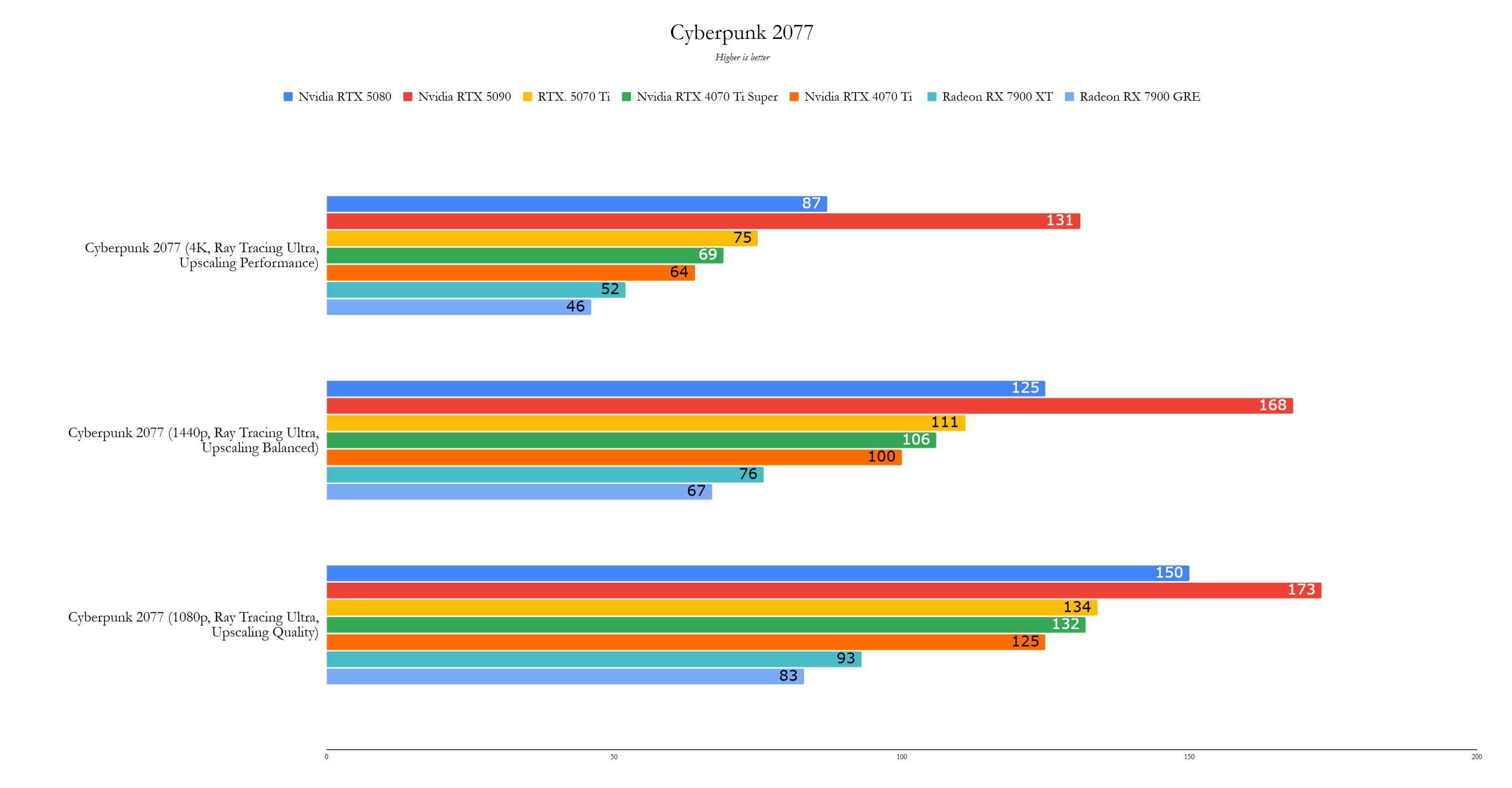
Performance
At 4K resolution, the RTX 5070 Ti outperforms the RTX 4070 Ti Super by about 11% and the RTX 4070 Ti by 21%, offering a significant generational uplift. It consistently achieves over 60 fps in demanding titles like Black Myth Wukong and Cyberpunk 2077 at 4K, making it a strong contender for 4K gaming.
Testing was conducted using an AMD Ryzen 7 9800X3D CPU, Asus ROG Crosshair X870E Hero motherboard, 32GB of G.Skill Trident Z5 Neo RAM at 6,000MHz, a 4TB Samsung 990 Pro SSD, and an Asus ROG Ryujin III 360 CPU cooler. The MSI Vanguard SOC model of the RTX 5070 Ti was tested at stock settings to reflect typical performance of the base GPU priced at $749.
In 3DMark Speed Way, the RTX 5070 Ti scored 7,590 points, significantly higher than the RTX 4070 Ti Super's 6,374 and the RTX 4070 Ti's 5,552. Similarly, in Port Royal, it achieved 18,839 points, compared to 15,670 and 14,136 from the RTX 4070 Ti Super and RTX 4070 Ti, respectively.
In gaming benchmarks, the RTX 5070 Ti shows varied performance. In Call of Duty: Black Ops 6 at 4K Extreme, it achieves 121 fps, a modest 5% increase over the RTX 4070 Ti Super. In Cyberpunk 2077, it leads by 9% over the RTX 4070 Ti Super and 17% over the RTX 4070 Ti, maintaining 75 fps at 4K with Ray Tracing Ultra. Metro Exodus: Enhanced Edition sees the RTX 5070 Ti at 48 fps at 4K on the Extreme preset, slightly ahead of the RTX 4070 Ti Super's 45 fps.
However, in Red Dead Redemption 2, it surprisingly underperforms by 2% compared to the RTX 4070 Ti Super. In Total War: Warhammer 3, it excels with 78 fps at 4K max settings, a 15% and 30% improvement over the RTX 4070 Ti Super and RTX 4070 Ti, respectively. Assassin’s Creed Mirage and Black Myth Wukong further showcase its capabilities, with the RTX 5070 Ti achieving 149 fps and 66 fps, respectively, at 4K.
Forza Horizon 5 highlights the RTX 5070 Ti's prowess, achieving 152 fps at 4K on the Extreme preset, outperforming both the RTX 4070 Ti Super and the Radeon RX 7900 XT.
In conclusion, if you can purchase the Nvidia GeForce RTX 5070 Ti at its starting price of $749, it offers the best value for money in the RTX 5000 series, particularly for those targeting 4K gaming. It not only provides a notable performance uplift over its predecessor but does so at a more affordable price than the RTX 4070 Ti, making it a smart choice for gamers seeking high-quality 4K experiences.






